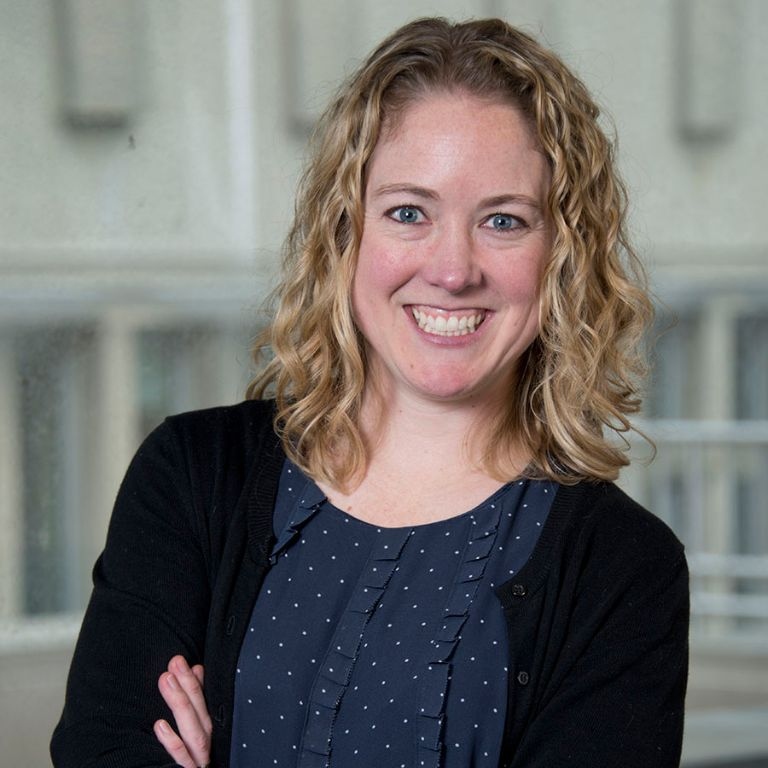Hoosier farmers are making less money per acre than they have in years, but some are trading corn and soybeans for solar panels. Yet, the incentives for such projects vary greatly from state to state, and that makes it difficult for landowners to know what the policies to their specific locality are.
Among those farmers is Mark Simons. He’s been farming for 44 years, and like most midwestern farmers, the majority of his nearly 1,000 acres are corn and soybeans. Yet, he’s in the process of adding another crop into his operation—one that also relies on the weather.
“I think the word solar farm capsulizes it,” he says. “The electrons produced out there are just another crop. Instead of producing carbohydrates, we’re producing clean, renewable energy that goes on for a long time. The solar project out there can be producing power for forty years.”
Simons says he’ll have things up, running, and delivering electricity to the grid before the end of the year. It’s a sizeable investment, but he believes the payout in the long run will be more than worth it.
“It’s a multiple million-dollar investment in roughly eight acres,” Simons says.
He plans to install 4,500 modules, and is joining a growing number of farmers across the country who are hoping to diversify their revenue streams.



